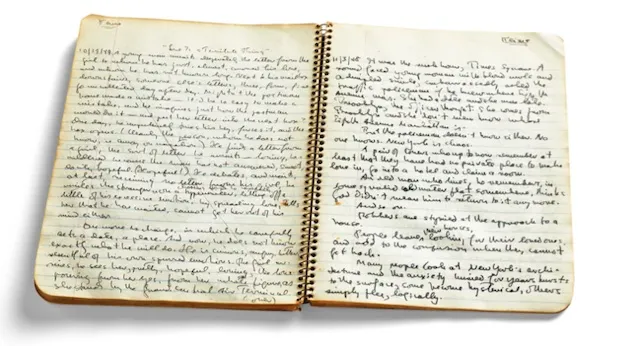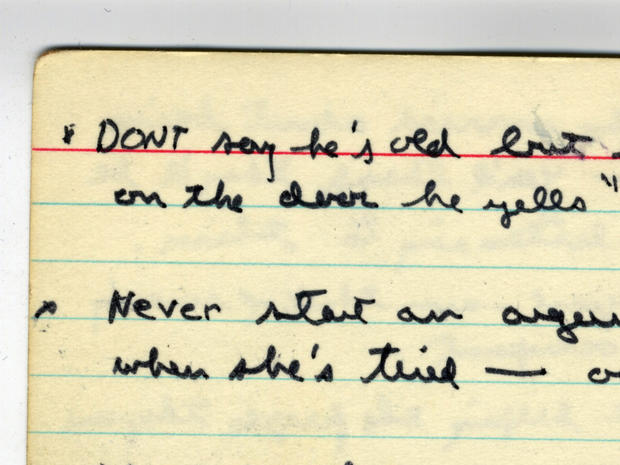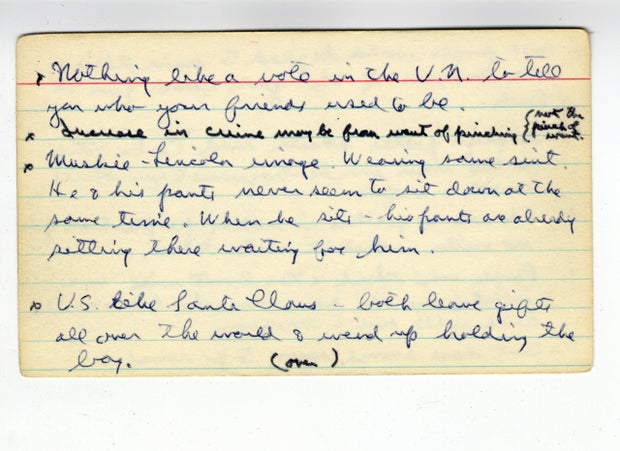Undoubtedly the first task of the statesman in such countriesis to raise the standard of living to such a point that thepeople may be freed from economic slavery and given thetime to get the education appropriate to free men.
A bulk of America was stuck in a form of economic slavery in the 1950s. See description of rural Texans in Robert Caro's LBJ biography for additional context --- washing/scrubbing, carrying water, farming, etc. without electricity in comparison to their fellow Americans who did have it.
In the 21st century there is a different form of economic slavery imposed by working to live and a culture of consumption and living on overextended credit.
Consider also the comedic story of the capitalist and the rural fisherman and the ways they chose to live their lives.


